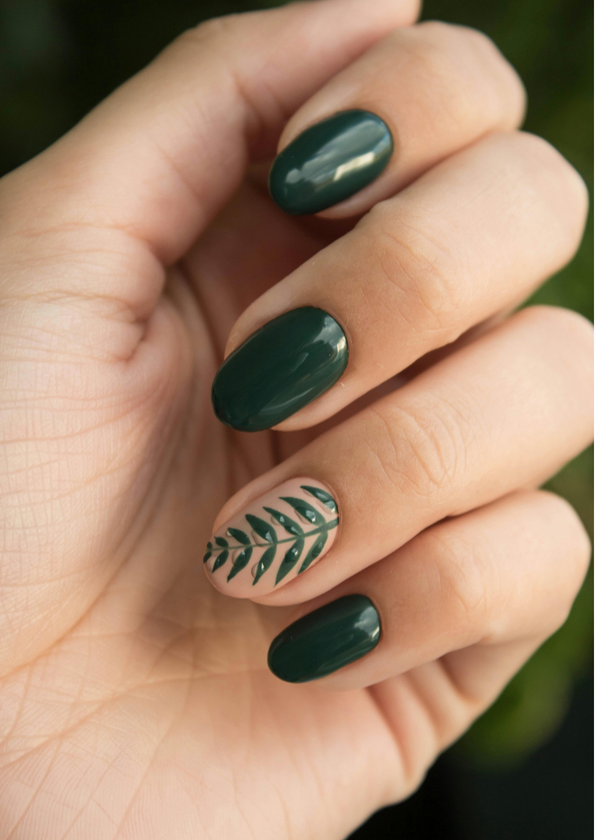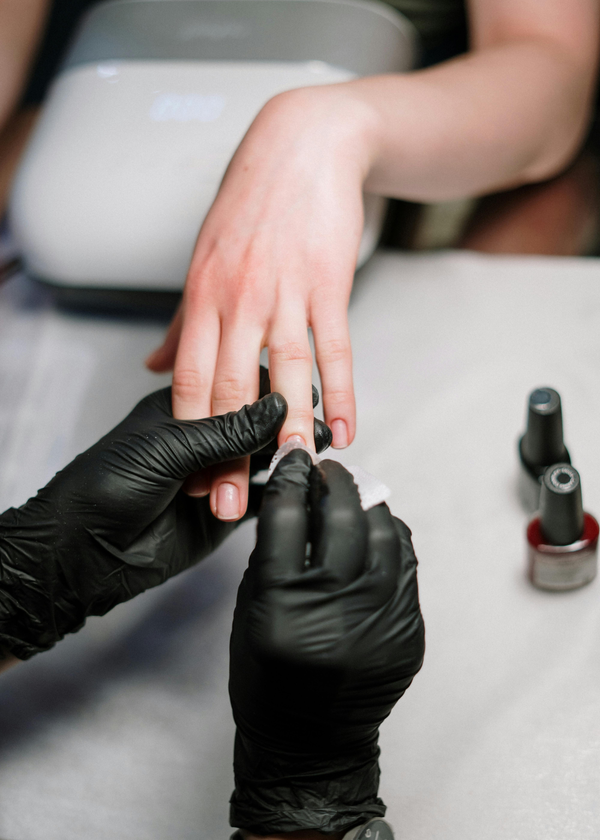In the quest for radiant, healthy skin, we often find ourselves caught in a whirlwind of skincare trends and products. From serums to masks and cleansers to exfoliants, the choices seem endless.
But in recent years, one item has been making waves in the skincare world - silicone scrubbers.
These seemingly simple tools promise to revolutionize the way we care for our skin. But, do dermatologists recommend silicone scrubbers?
In this comprehensive guide, we will explore the world of silicone scrubbers and their role in optimizing skin health.
What Are Silicone Scrubbers?
Before diving into the question of whether dermatologists recommend silicone scrubbers, let's first understand what they are.
Silicone scrubbers, often referred to as silicone face brushes or facial cleansing brushes, are gentle, non-abrasive tools designed to help you cleanse and exfoliate your skin. They come in various shapes and sizes, but most are made of soft, flexible silicone bristles attached to a handle.
These bristles are different from traditional bristle brushes because they are made of silicone, which is both hypoallergenic and hygienic.
The primary purpose of silicone scrubbers is to provide a more effective and efficient way to clean and exfoliate the skin compared to using just your hands. They are often used in combination with a facial cleanser or exfoliating product.
How Do Silicone Scrubbers Work?
Silicone scrubbers work by creating a gentle friction on the skin's surface when you use them to cleanse or exfoliate. This friction helps to dislodge dirt, makeup, dead skin cells, and other impurities that can clog pores and lead to various skin issues. The silicone bristles are soft and flexible, making them less likely to cause irritation or damage to the skin.
Here's how to use a silicone scrubber effectively:
- Wet your face: Start by wetting your face with warm water to open up your pores and prepare your skin for cleansing.
- Apply cleanser: Apply your preferred facial cleanser or exfoliating product onto the silicone scrubber.
- Gently massage: Using gentle, circular motions, massage the silicone scrubber across your face. The soft bristles help to cleanse and exfoliate the skin without causing any abrasion.
- Rinse and pat dry: After thoroughly massaging your face, rinse off the cleanser, and pat your skin dry with a clean towel.
The Benefits of Silicone Scrubbers
Now that we understand how silicone scrubbers work, let's explore the benefits they offer for skincare:
- Gentle exfoliation: Silicone scrubbers provide a mild exfoliation, helping to remove dead skin cells, unclog pores, and promote skin renewal. This can lead to a brighter and smoother complexion.
- Deep cleansing: The soft bristles can effectively remove makeup, dirt, and impurities, ensuring a more thorough clean compared to using just your hands.
- Improved product absorption: Exfoliating with a silicone scrubber can enhance the absorption of skincare products like serums and moisturizers, as it allows them to penetrate the skin more effectively.
- Pore minimization: By consistently keeping your pores clean, silicone scrubbers may help reduce the appearance of large pores.
- Suitable for all skin types: Silicone scrubbers are generally safe for all skin types, including sensitive skin, as they are less likely to cause irritation or redness.
- Cost-effective: Silicone scrubbers are relatively inexpensive and can last a long time with proper care, making them a budget-friendly addition to your skincare routine.
Do Dermatologists Recommend Silicone Scrubbers?
The million-dollar question is, do dermatologists recommend silicone scrubbers? The answer to this question isn't as straightforward as one might hope. Dermatologists have varying opinions on the use of silicone scrubbers, and the recommendation often depends on individual skin types and specific concerns.
Pros of Dermatologist Recommendations:
- Non-abrasive exfoliation: Dermatologists often recommend silicone scrubbers for patients who require mild exfoliation without the risk of skin damage. They are ideal for people with sensitive skin, as they are less likely to cause irritation or redness.
- Improved cleansing: Dermatologists appreciate the deep-cleansing capabilities of silicone scrubbers. They can effectively remove makeup, sunscreen, and other impurities that regular cleansing may not fully eliminate.
- Support for specific skin conditions: Dermatologists may suggest silicone scrubbers as part of a skincare routine for individuals dealing with conditions like acne, as the gentle exfoliation can help prevent pore clogging.
- Enhancing product absorption: Many dermatologists recommend the use of silicone scrubbers to help improve the absorption of topical treatments, making them more effective.
Cons of Dermatologist Recommendations:
- Not suitable for everyone: While silicone scrubbers are gentle, they may not be appropriate for everyone. Dermatologists often discourage their use for people with certain skin conditions, such as rosacea, or those with extremely dry or irritated skin.
- Risk of overuse: Dermatologists caution against overusing silicone scrubbers, as excessive exfoliation can strip the skin's natural protective barrier and lead to irritation.
- Hygiene concerns: Dermatologists advise proper maintenance of silicone scrubbers to prevent bacterial growth and potential skin issues.
How to Use Silicone Scrubbers Safely
If you decide to incorporate a silicone scrubber into your skincare routine, here are some tips for using them safely:
- Choose the right product: Select a silicone scrubber that suits your skin type and needs. Opt for one with soft, flexible bristles, especially if you have sensitive skin.
- Limit usage: Exfoliate with a silicone scrubber 2-3 times a week, as overuse can lead to skin irritation.
- Clean and maintain: Regularly clean your silicone scrubber after each use and replace it when it starts to show signs of wear or deterioration. This ensures the tool remains hygienic and effective.
- Use with a gentle hand: Apply minimal pressure while using a silicone scrubber. The gentle friction is sufficient to exfoliate and cleanse without harsh scrubbing.
- Listen to your skin: Pay attention to how your skin reacts to the silicone scrubber. If you notice any signs of irritation, redness, or discomfort, discontinue use and consult a dermatologist.
Conclusion:
Silicone scrubbers can be valuable tools in your skincare arsenal, offering gentle exfoliation, deep cleansing, and improved product absorption.
While dermatologists have varying opinions on their use, many recommend silicone scrubbers for specific skin types and concerns.
However, it's crucial to use them safely and responsibly, considering your individual skin needs.
Before incorporating a silicone scrubber into your skincare routine, consult with a dermatologist to ensure it aligns with your specific skin type and any pre-existing conditions.
Remember that, in the pursuit of healthy, glowing skin, moderation and proper care are key. In the end, the use of silicone scrubbers is a personal choice, and the best skincare regimen is one that works for you and makes you feel confident in your skin.








